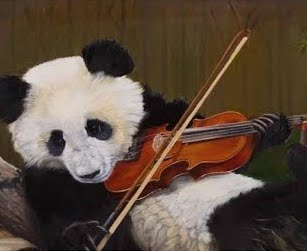Non-Surgical Voice Repair Protocol via Vocal Science(TM) Method and the Philosophy Behind It
I’ve been working on people’s voices since 1975/76, but officially, the non-surgical voice repair method was born in 1991 when I acquired my own voice problem at the time and experienced all the aspects of the recovery of my voice on myself. However, the cause of my voice trouble was not caused by improper vocal technique or excessive overuse of my voice. My problem was strictly induced emotionally and then got manifested in my physical body, and not only vocally speaking, but generally speaking as well. After spending an enormous amount of money, time and energy, trying to find out what was wrong with me vocally and otherwise, I finally got addressed to a holistic approach to the human body overall. I found out that my immune system was functioning very low and my adrenal glands were functioning very high. Also, due to enormous stress (emotionally challenged marriage and a very high volume of clients and respectively, working hours), my whole system went out of whack. My body w...
